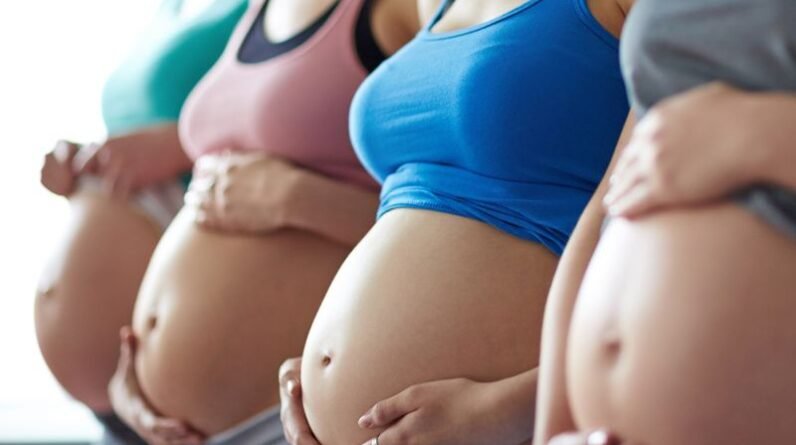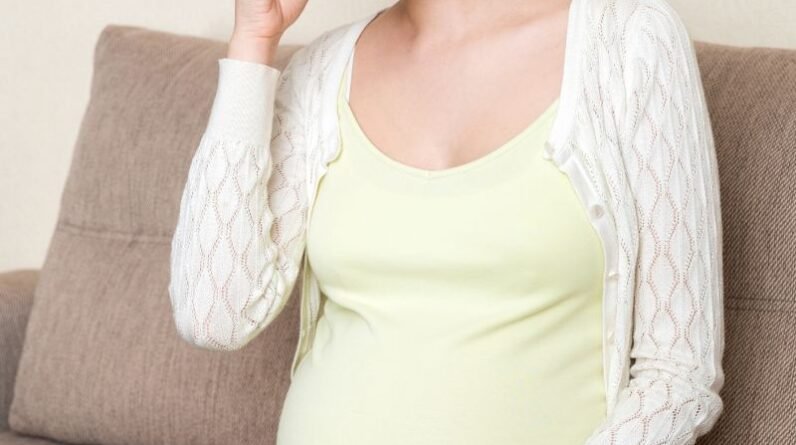
Body image concerns greatly affect pregnant women’s stress levels, with dissatisfaction peaking between the second and third trimesters. We see that up to 75% of expectant mothers struggle with negative self-perception, often exacerbated by social media platforms and unrealistic societal standards. These concerns can trigger anxiety, depression, and reduced self-esteem, potentially impacting both maternal well-being and mother-child bonding. While regular exercise and cognitive reappraisal strategies help manage these stressors, joining support groups and maintaining open dialogue with healthcare providers proves essential. Understanding the full scope of these challenges reveals effective paths toward better maternal mental health.
Common Body Image Stressors
While pregnancy brings many physical changes, body image concerns during this time can create significant psychological stress for expectant mothers. We observe that body image dissatisfaction intensifies particularly between the second and third trimesters, affecting women’s perception of their strength, body parts, and sexual attractiveness.
External societal pressures and unrealistic standards play an essential role in shaping pregnant women’s self-image. We’ve found that social media platforms, especially Facebook, amplify these concerns through increased social comparisons, leading to heightened anxiety and emotional distress. The impact becomes more pronounced as pregnancy progresses, with one-third of women experiencing stress urinary incontinence, which can further compound negative feelings about their changing bodies.
Research shows that pregnant women who engage in frequent social comparisons are more vulnerable to body image dissatisfaction. When we examine the data, we see that those with higher body image concerns tend to struggle more with accepting their physical changes. This creates a cycle where negative feelings about bodily transformations lead to increased stress, potentially affecting both maternal well-being and pregnancy experience.
Mental Health Impact
Body image concerns extend beyond physical discomfort to profoundly influence pregnant women’s mental health outcomes. Research demonstrates that negative perceptions about body changes during pregnancy create a complex web of psychological challenges. We’ve observed that women experiencing body image dissatisfaction often develop heightened levels of anxiety and stress, particularly when coupled with physical symptoms like stress urinary incontinence.
1. Social media exposure intensifies these mental health challenges by promoting unrealistic pregnancy representations, leading to increased body image dissatisfaction and anxiety through constant comparison.
2. Expressive suppression, commonly adopted by women struggling with body image concerns, correlates directly with diminished self-esteem and amplified negative emotions.
3. The psychological impact often extends into postpartum depression, affecting both maternal emotional well-being and mother-child bonding.
We’ve found that addressing these mental health impacts requires a thorough approach. Open communication about body changes and body image concerns serves as a vital protective factor. When combined with accessible mental health resources, we can better support pregnant women’s psychological well-being throughout their pregnancy journey and beyond.
Coping Strategies During Pregnancy
Since managing body image concerns requires actionable solutions, we’ve identified several evidence-based coping strategies that effectively support pregnant women’s emotional well-being. Regular exercise stands out as a dual-purpose intervention, promoting both physical health and mental resilience while providing a constructive outlet for stress management.
We’ve found that targeted physical activities, such as Kegel exercises and perineal massage, help women maintain control over body changes and reduce anxiety related to stress urinary incontinence. Additionally, emotional regulation through cognitive reappraisal enables women to reframe their thoughts about body image, leading to improved mental health outcomes and reduced stress levels.
Communication plays a crucial role in coping strategies. We encourage women to maintain open dialogues with healthcare providers about body image concerns, as this often leads to valuable mental health resources and support systems. Joining local moms groups creates opportunities for shared experiences and mutual support, effectively combating isolation. This community-based approach, combined with professional guidance and structured physical activities, forms a thorough framework for managing body image concerns throughout pregnancy.
Conclusion
Through our examination of pregnancy-related body image concerns, we’ve uncovered how these pressures weave themselves like invisible threads through women’s mental health during this transformative time. We’ve seen how societal expectations, physical changes, and self-perception create a complex tapestry of stress. By implementing evidence-based coping strategies and fostering supportive environments, we can help expectant mothers navigate these challenges while prioritizing their psychological well-being.







